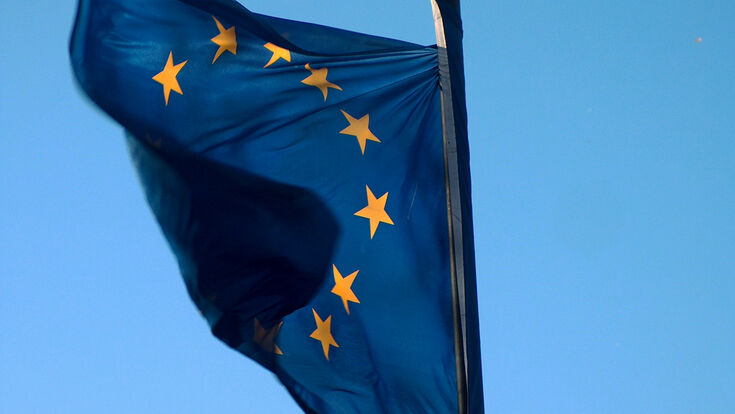CEWEP Urges Commission to Divert More Waste from Landfill : Benefits of Waste to Energy Outlined in CEWEP Open Letter

The managing director, Ella Stengler, and president, Ferdinand Kleppmann, of the Confederation of European Waste-to-Energy Plants (CEWEP), have written an open letter to the European Commission ahead of its decision regarding the Circular Economy Package to make the case for recovering energy from waste.
The full text of the letter can be read below:
Open letter to: First Vice - President Frans Timmermans
Vice - President Jyrki Katainen
Commissioner Karmenu Vella
Commissioner Miguel Arias Cañete
Vice - President Maroš Šefčovič
European Commission Brussels,
Triple win in the new Circular Economy Package
Dear Commissioners,
With regard to the upcoming proposal on the Circular Economy package, CEWEP would like to urge you not to miss the triple win opportunity to set ambitious binding targets to divert recyclable and recoverable waste from landfills.
This would serve:
The environment as well as
The climate and energy policy and
The EU’s economy as it would create jobs and growth.
The benefits of diverting recyclable and recoverable waste from landfills are the following:
1) Good for the Environment
By diverting waste from landfilling, the ground and water will not be exposed to pollution due to leachate and the loss of land will be avoided. It will prevent the microplastics from being blown by the wind from (legal and illegal) landfills into the seas or rivers.
By avoiding landfilling, plastics can be recycled for a second life or, if this is not possible, recovered for energy: high quality recycling which is necessary for an efficient circular economy is complementary to Waste-to-Energy. Moving away from landfills, higher up the waste hierarchy will increase the volume of secondary raw materials.
2) Contribution to climate and energy policy
Diversion from landfill is the main contributor to greenhouse gas mitigation in the waste management sector. Diverting municipal waste from landfills would save 92 million tonnes of CO2 emissions in EU - 28 by 2030. This is around 8% of what the EU still has to save to achieve its 2030 greenhouse gas emission targets.
Minimising landfilling is a low hanging fruit with regard to the upcoming discussions at the United Nations climate summit in Paris in December.
Recovering energy from the non-recyclable waste contributes to the EU’s Energy Union goals of reducing greenhouse gas emissions and dependence on fossil fuel imports. In 2012 EU - 28 imported 107 billion m 3 of natural gas from Russia. The energy content of the waste treated by European Waste-to-Energy plants amounts to 19% of these gas imports.
Member States which still landfill a lot often have district heating systems which with minimal modernisation could be used to pro vide local secure energy from waste. This should stimulate investment as foreseen in the “Juncker plan”.
3) Boost Europe’s Economy
Allowing only pre-treated waste to be landfilled will boost the recycling economy and provide Europe with more secondary raw materials. From the non-recyclable waste cost-effective and secure energy can be produced. This will create jobs and growth.
Using the Juncker Investment Fund and structural funds to invest in waste source separation and treatment options higher up the hierarchy might even help Europe to change its currently deflationary trajectory in the coming years. Please keep in mind that the aftercare period for landfills last s for decades. Therefore landfilling is not as cheap as it might look like at first glance.
Diverting recyclable and recoverable waste from landfills is the first step towards a recycling and recovering society for a sustainable use of our resources. Setting ambitious recycling and recovering targets is the second step that can only be done after the first step (diverting waste from landfills).
With kind regards
Ferdinand Kleppmann, &
Dr. Ella Stengler
Read More
Anaerobic Digestion Boom in Scotland as Food Waste Falls
New figures published today by the Anaerobic Digestion and Bioresources Association show that Scotland’s anaerobic digestion industry has grown by more than two thirds over the past year.
SLIDESHOW: South African BMW Plant Receives First Energy from Waste
BMW South Africa’s Rosslyn production facility has received its first renewable energy from Bio2Watt’s organic waste fed anaerobic digestion biogas plant.
Report: Waste Sector GHG Emissions Significantly Underestimated
The waste sector has a key role to play in the development of a low carbon economy and the reduction of greenhouse gases, according to a report published by Zero Waste Europe today.

